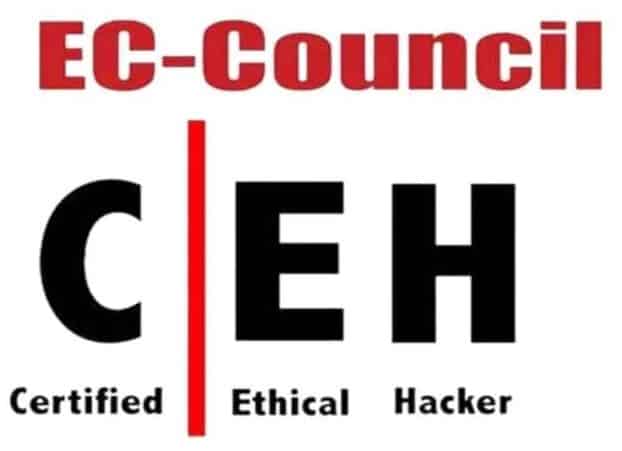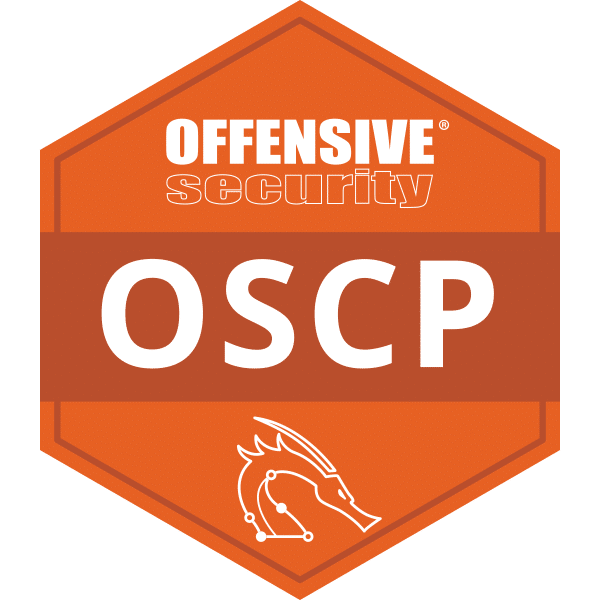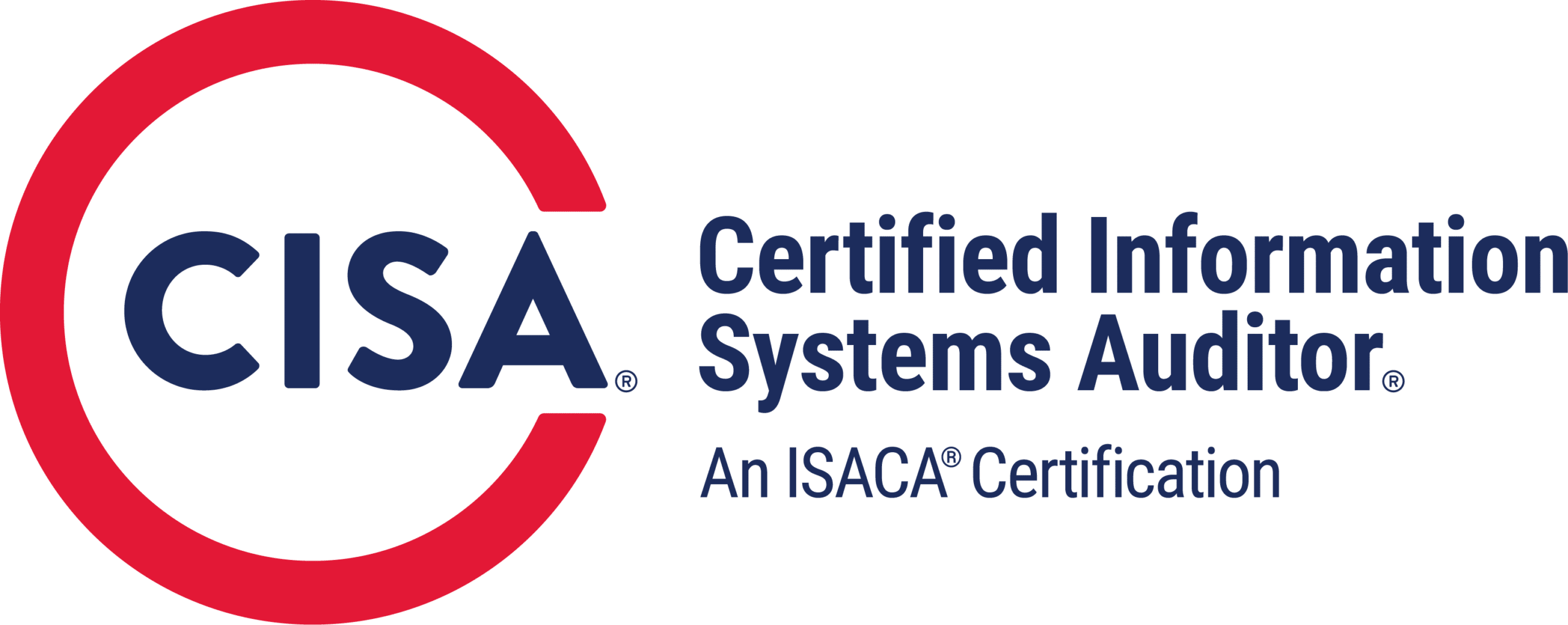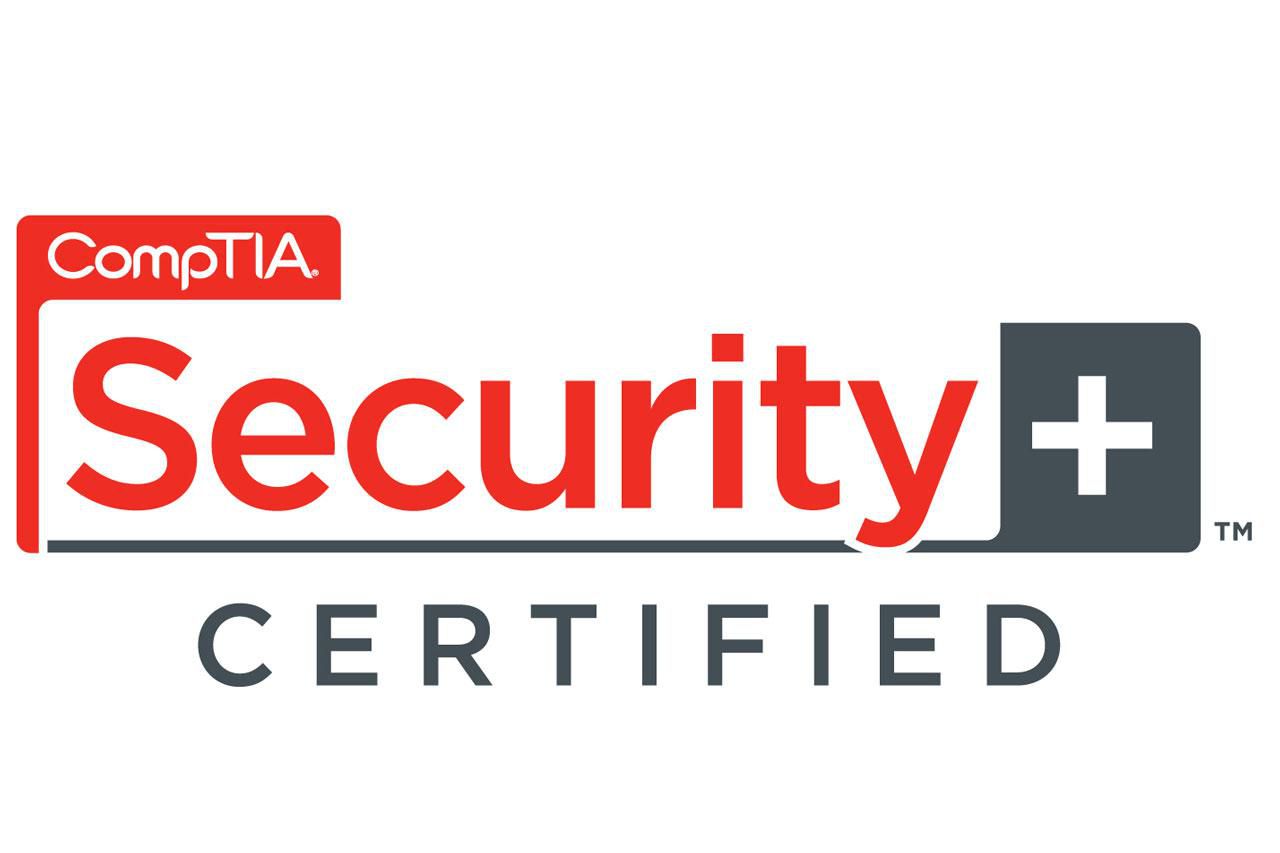A Chief Privacy Officer (CPO) plays a crucial role in today’s data-driven world. With the growing importance of privacy management and data protection, organizations need skilled professionals who can navigate the complex landscape of privacy regulations and ensure compliance.
As a CPO, you will be responsible for overseeing privacy policies, implementing privacy frameworks, and mitigating privacy risks. You will work closely with stakeholders to establish robust privacy governance and ensure that the organization adheres to privacy regulations and best practices.
To become a successful CPO in 2024, it is essential to have a deep understanding of privacy compliance, privacy regulations, and data protection. This includes staying up-to-date with evolving privacy laws such as the Health Insurance Portability and Accountability Act (HIPAA), the European Union’s General Data Protection Regulation (GDPR), and other relevant regional and industry-specific regulations.
Additionally, a strong foundation in privacy management and data privacy frameworks is crucial. You should possess the skills to design and implement comprehensive privacy programs that address the specific needs of your organization.
Key Takeaways:
- Becoming a Chief Privacy Officer requires a deep understanding of privacy regulations and data protection.
- Staying up-to-date with evolving privacy laws is crucial for CPOs.
- Having expertise in privacy management and data privacy frameworks is essential.
- Establishing strong privacy governance within an organization is a key responsibility of a CPO.
- Ensuring privacy compliance and mitigating privacy risks is a critical aspect of the role.
Education and Experience Required to Become a Chief Privacy Officer
Becoming a Chief Privacy Officer (CPO) requires a combination of education, experience, and certifications. A strong foundation in privacy laws and regulations is essential for this role. Additionally, having a bachelor’s degree is typically the minimum requirement, although some companies may prefer candidates with a graduate or law degree.
Relevant bachelor’s degrees for aspiring CPOs include:
- Computer Information Systems-Cybersecurity
- Information Technology-Cybersecurity
- Strategic and Security Studies with a concentration in Cybersecurity
- Cyber Security/Information Assurance
These degrees provide a solid understanding of cybersecurity and privacy principles, equipping individuals with the knowledge needed to navigate privacy laws and regulations.
Furthermore, experience with and knowledge of federal and state privacy laws is crucial for aspiring CPOs. Familiarity with laws such as HIPAA, GDPR, CCPA, Massachusetts Data Privacy Law, and New York Privacy Act is necessary to ensure compliance and effectively protect data privacy within an organization.
To further enhance their credibility and expertise, aspiring CPOs can pursue industry certifications. Some desirable certifications for CPOs include:
- Certified Information Systems Security Professional (CISSP)
- Certified Information Privacy Professional (CIPP)
- Certified Information Privacy Manager (CIPM)
- Certified Information Privacy Technologist (CIPT)
- Certified in Healthcare Privacy Compliance (CHPC)
- Certified in Healthcare Privacy and Security (CHPS)
Obtaining these certifications not only demonstrates expertise in privacy and information security but also enhances employability in the field of privacy management.
With the right education, experience, and certifications, aspiring CPOs can position themselves for success in this rapidly evolving field.
Job Description & Skills Required for a Chief Privacy Officer
A Chief Privacy Officer (CPO) plays a vital role in ensuring the protection of sensitive information and compliance with privacy laws. The job description of a CPO encompasses a range of responsibilities, including the establishment and management of privacy programs, risk assessments, privacy training, and breach management. Additionally, a CPO must possess a unique set of skills and traits to excel in this position.
Job Description
As a CPO, your primary objective is to create and implement a comprehensive privacy program within your organization. This includes developing and enforcing privacy policies, conducting risk assessments to identify vulnerabilities, and collaborating with information security officers to ensure data protection.
In addition, a CPO is responsible for training employees on privacy best practices, as well as managing breach determinations and notifications when privacy incidents occur. It is crucial for a CPO to stay up-to-date with evolving privacy laws and regulations, ensuring compliance at all times.
Ultimately, a CPO acts as the central authority for privacy-related matters in an organization, playing a critical role in safeguarding sensitive data and maintaining privacy compliance.
Skills and Traits Required
To succeed as a Chief Privacy Officer, certain skills and traits are essential:
- Organizational and Communication Skills: Effective communication is crucial for collaborating with various stakeholders and ensuring the successful implementation of privacy programs.
- Knowledge of Privacy Laws: A thorough understanding of privacy laws and regulations, such as GDPR, CCPA, and HIPAA, is necessary to make informed decisions and maintain compliance.
- Teamwork: The ability to work collaboratively with cross-functional teams, including legal, IT, and compliance departments, is essential for success in this role.
- Customer Service Skills: A focus on customer service is vital when handling privacy concerns and ensuring that individuals’ privacy rights are respected.
- Writing and Presentation Skills: Clear and concise communication through well-written policies and presentations is crucial for conveying privacy-related information effectively.
- Integrity: As a CPO, maintaining the highest level of integrity and ethical standards is essential to build trust within the organization and with external stakeholders.
- Familiarity with Privacy Legislation and Standards: In-depth knowledge of privacy legislation and industry standards enables a CPO to navigate complex privacy landscapes and implement effective privacy programs.
By possessing these skills and traits, a Chief Privacy Officer can excel in managing privacy risks and implementing robust privacy programs, ensuring the protection of sensitive information and compliance with privacy laws.
Now let’s dig deeper into the responsibilities and skills required for a Chief Privacy Officer.
Chief Privacy Officer Salary & Job Outlook
A career as a Chief Privacy Officer (CPO) not only offers challenging responsibilities but also comes with attractive financial rewards. According to the International Association of Privacy Professionals (IAPP), CPOs earned a median annual salary of $200,000 to $212,000 in 2022.
The job outlook for CPOs is expected to be promising, with a projected increase in demand aligned with the overall growth of information security professionals. As privacy concerns continue to be a top priority for organizations worldwide, the need for skilled and experienced CPOs is anticipated to rise.
To further illustrate the job outlook for CPOs, here is a table comparing the expected increase in demand for CPOs and information security professionals:
| Expected Increase | |
|---|---|
| CPOs | In line with information security professionals |
| Information Security Professionals | Projected growth |
As the table demonstrates, the demand for CPOs is expected to grow alongside the overall increase in information security professionals, emphasizing the importance of privacy concerns in the digital age.
Education Requirements
To become a Chief Privacy Officer (CPO), individuals typically need to fulfill certain education requirements. The level of education required may vary depending on the specific organization and role. However, a strong educational background is crucial for aspiring CPOs to gain the necessary knowledge and skills in the field of privacy management.
At a minimum, most CPO positions require candidates to have a bachelor’s degree in a related field. Some commonly preferred undergraduate degrees for CPOs include:
- Computer Science
- Law
- Business Administration
These degrees provide a foundation in areas such as technology, legal frameworks, and organizational management, which are essential for success in a CPO role.
However, in certain cases, organizations may require candidates to have a higher level of education. This may include a master’s degree or a Juris Doctor (JD) degree. A master’s degree in fields like cybersecurity, information privacy, or business administration can provide individuals with a more specialized knowledge and understanding of privacy management strategies.
A Juris Doctor degree, on the other hand, is a professional law degree that can be particularly beneficial for CPOs involved in legal aspects of privacy compliance. This degree provides a comprehensive understanding of the legal landscape surrounding privacy regulations and can equip CPOs with the skills necessary to navigate complex legal frameworks.
It’s important for individuals aspiring to become CPOs to carefully evaluate the educational requirements of the positions they are interested in and choose a degree program that aligns with their career goals and the specific demands of the role.
| Educational Requirement | Description |
|---|---|
| Bachelor’s Degree | A minimum requirement for most CPO positions. Commonly preferred degrees include Computer Science, Law, and Business Administration. |
| Master’s Degree | Some organizations may require candidates to have a master’s degree in fields such as cybersecurity, information privacy, or business administration. |
| Juris Doctor (JD) Degree | A professional law degree that can be beneficial for CPOs involved in legal aspects of privacy compliance. |
Specialized Knowledge
CPOs (Chief Privacy Officers) need to possess specialized knowledge in various areas to effectively navigate and comply with privacy regulations. This includes expertise in privacy laws, data protection, data security technologies, risk assessment, and privacy program administration. Familiarity with international data protection laws, such as the General Data Protection Regulation (GDPR) and the California Consumer Privacy Act (CCPA), is essential for CPOs to ensure compliance.
By staying up-to-date with the ever-evolving landscape of privacy laws and regulations, CPOs can develop and implement robust privacy programs that protect valuable data and mitigate risk. They must also possess a deep understanding of data security technologies in order to select and deploy the most effective solutions for safeguarding sensitive information.
Risk assessment is a crucial aspect of a CPO’s responsibilities. They must be skilled at identifying potential privacy risks within an organization’s data practices and infrastructure, and implementing measures to mitigate those risks effectively.
Effective privacy program administration is another critical area of knowledge for CPOs. They must be adept at creating and implementing privacy policies, ensuring compliance with applicable laws and regulations, and managing privacy breaches should they occur. By establishing comprehensive privacy programs, CPOs can provide a framework for privacy governance within their organizations.
| Specialized Knowledge | Description |
|---|---|
| Privacy Laws | Understanding and keeping abreast of local and international privacy laws and regulations. |
| Data Protection | Implementing strategies and measures to safeguard sensitive data from unauthorized access or disclosure. |
| Data Security Technologies | Knowledge and application of technologies to protect data, including encryption, access controls, and secure data storage. |
| Risk Assessment | Evaluating potential privacy risks and developing risk mitigation strategies. |
| Privacy Program Administration | Creating, implementing, and managing comprehensive privacy programs within an organization. |
CPOs with specialized knowledge in these areas are integral to maintaining the privacy and security of sensitive data, ensuring compliance with privacy laws, and building trust with customers and stakeholders.
Work Experience
Gaining relevant work experience is a crucial step for aspiring Chief Privacy Officers (CPOs). Practical experience in privacy, data protection, and legal roles provides valuable insights and expertise necessary to excel in this field. Aspiring CPOs should consider positions such as:
- Privacy Analyst
- Data Protection Officer
- Legal Consultant
By actively engaging in these roles, individuals can cultivate a foundation of knowledge and skills related to privacy programs, legal issues, and data protection. It is important for aspiring CPOs to demonstrate progressive responsibility in managing privacy programs and handling privacy-related legal matters.
“Gaining practical work experience in privacy, data protection, or legal roles is crucial for aspiring CPOs.”
Certifications
To enhance employability and validate skills, aspiring Chief Privacy Officers (CPOs) can obtain professional certifications in privacy and information security. These certifications demonstrate expertise and competence in the field, making CPOs highly sought after by organizations.
Certified Information Privacy Professional (CIPP)
The Certified Information Privacy Professional (CIPP) certification is designed for professionals who work with privacy laws and regulations. It covers privacy fundamentals, legal requirements, and best practices in privacy management. The CIPP certification is offered by the International Association of Privacy Professionals (IAPP), a global community of privacy professionals.
Certified Information Privacy Manager (CIPM)
The Certified Information Privacy Manager (CIPM) certification is specifically tailored for individuals responsible for managing an organization’s privacy program. It focuses on privacy governance, risk management, and program development. The CIPM certification, also provided by the IAPP, equips CPOs with the knowledge and skills to establish and maintain an effective privacy program.
Certified Information Systems Security Professional (CISSP)
The Certified Information Systems Security Professional (CISSP) certification is widely recognized in the information security field. While not exclusively focused on privacy, it covers various domains, including security and risk management, access control, cryptography, and security operations. The CISSP certification demonstrates a comprehensive understanding of security principles, making it valuable for CPOs working in organizations with overlapping privacy and security responsibilities.
These certifications validate the knowledge and expertise of CPOs, enhancing their professional credentials and increasing their chances of career advancement. By obtaining these certifications, aspiring CPOs can demonstrate their commitment to privacy and information security, and differentiate themselves in a competitive job market.
| Certification | Provider | Focus Area |
|---|---|---|
| Certified Information Privacy Professional (CIPP) | International Association of Privacy Professionals (IAPP) | Privacy laws and regulations |
| Certified Information Privacy Manager (CIPM) | International Association of Privacy Professionals (IAPP) | Privacy program management |
| Certified Information Systems Security Professional (CISSP) | International Information System Security Certification Consortium (ISC²) | Information security disciplines |
Obtaining certifications like CIPP, CIPM, and CISSP is a vital step for aspiring CPOs to validate their skills and knowledge in privacy and information security, ensuring their readiness to tackle the complex challenges of the role.
Networking and Leadership Skills
Building a strong network of privacy professionals is valuable for career development. Networking opportunities can be found through industry associations, conferences, and online communities. Developing leadership skills is also essential for Chief Privacy Officers (CPOs), as they need to lead teams, engage stakeholders, and effectively communicate complex privacy issues.
Networking Opportunities
Connecting with privacy professionals in the industry is crucial for staying updated on the latest trends and best practices. Industry associations such as the International Association of Privacy Professionals (IAPP) provide a platform for CPOs to network with peers, share experiences, and gain insights into emerging privacy issues. Attending conferences and events focused on privacy and data protection is another excellent way to expand one’s professional network.
The image below highlights the importance of networking for privacy professionals.
Developing Leadership Skills
As CPOs hold leadership positions within organizations, developing effective leadership skills is crucial for success. Strong leadership skills enable CPOs to drive privacy initiatives, promote a culture of privacy, and gain support from key stakeholders. Leadership skills encompass areas such as:
- Team management and collaboration
- Effective communication and stakeholder engagement
- Strategic thinking and decision-making
- Change management and influencing skills
By continuously honing their leadership abilities, CPOs can inspire their teams and create a privacy-centric culture within their organizations.
Role and Responsibilities of a Chief Privacy Officer
The primary role of a Chief Privacy Officer (CPO) is to manage risks related to information privacy laws and compliance regulations. As the central authority within an organization for privacy-related matters, the CPO is responsible for a wide range of responsibilities.
Making Privacy Decisions
The CPO plays a crucial role in making privacy decisions that impact the organization. They analyze privacy risks and evaluate privacy impact assessments to ensure compliance with relevant regulations. By assessing potential privacy risks in new initiatives or projects, the CPO helps the organization make informed decisions that protect customer data and preserve privacy.
Establishing and Maintaining a Privacy Program
The CPO is responsible for establishing and maintaining a comprehensive privacy program within the organization. This program includes developing and implementing privacy policies, procedures, and standards that align with privacy laws and regulations. By ensuring that privacy is embedded into the organization’s culture and practices, the CPO establishes a framework for privacy governance and compliance.
Ensuring Data Protection
Data protection is a key responsibility of the CPO. They oversee the implementation of data protection mechanisms and controls to safeguard personal information. This may involve working closely with the IT department to ensure secure data storage, access controls, encryption practices, and vulnerability management. By prioritizing data protection, the CPO mitigates the risk of unauthorized access, breaches, and data loss.
Creating Policies
The CPO is responsible for developing privacy policies that outline how personal information is collected, used, stored, and shared within the organization. These policies establish transparency and trust with individuals whose data is being processed. The CPO ensures that policies are clear, compliant with applicable privacy laws, and communicated effectively to employees, customers, and other stakeholders.
“Privacy policies are more than just legal documents. They are ethical commitments to individuals whose personal information we handle.”
Managing Privacy Breaches
In the event of a privacy breach, the CPO takes a lead role in managing and responding to the incident. This includes conducting investigations, notifying affected individuals, coordinating with legal counsel, and implementing corrective actions to prevent future breaches. The CPO ensures that the organization responds promptly, transparently, and in compliance with applicable breach notification laws.
The role and responsibilities of a Chief Privacy Officer are critical in today’s data-driven landscape. By managing risks, establishing privacy programs, ensuring data protection, creating policies, and managing privacy breaches, the CPO plays a vital role in safeguarding privacy and building trust with customers and stakeholders.
Conclusion
Becoming a Chief Privacy Officer requires a combination of education, experience, and certifications. As organizations prioritize privacy management and data protection, the role of a Chief Privacy Officer becomes increasingly crucial. With the ever-evolving privacy landscape, there are ample career opportunities in this field.
By acquiring the necessary skills and knowledge, individuals can position themselves for success in the role of a Chief Privacy Officer. A strong understanding of privacy regulations such as HIPAA, GDPR, CCPA, and other state-specific laws is essential. Additionally, gaining practical work experience and obtaining relevant certifications like CIPP, CIPM, and CISSP can further enhance career prospects.
As privacy concerns continue to grow, organizations are actively seeking skilled professionals who can effectively navigate privacy compliance and lead privacy programs. With the right qualifications, individuals can pursue rewarding careers as Chief Privacy Officers and make a significant impact in safeguarding data privacy and ensuring compliance with privacy laws.
FAQ
What is a Chief Privacy Officer (CPO)?
A Chief Privacy Officer is responsible for managing data privacy within an organization, ensuring compliance with privacy regulations and establishing privacy policies.
What education and experience are required to become a CPO?
A minimum of a bachelor’s degree is usually required, preferably in a related field such as computer science, law, or business. Relevant work experience and knowledge of privacy laws are also essential.
What are the job description and skills required for a CPO?
The job description of a CPO includes creating and implementing a privacy program, overseeing privacy compliance, conducting risk assessments, providing privacy training, and staying up-to-date with privacy laws. Skills required for this role include organizational and communication skills, knowledge of privacy laws, teamwork, and integrity.
What is the salary and job outlook for CPOs?
According to the International Association of Privacy Professionals (IAPP), the median annual salary for CPOs in 2019 was $200,000 to $212,000. The job outlook for CPOs is positive, with job opportunities projected to grow in line with the overall increase in information security professionals.
What are the education requirements to become a CPO?
A bachelor’s degree in a related field is usually required, but some roles may prefer candidates with a graduate or law degree. Additional certifications such as CISSP, CIPT, CIPM, CIPP, CHPC, and CHPS are also desired.
What specialized knowledge is required for a CPO?
CPOs need to have specialized knowledge in areas such as privacy laws, data protection, data security technologies, risk assessment, and privacy program administration.
What work experience is important for aspiring CPOs?
Gaining practical work experience in privacy, data protection, or legal roles is crucial. Positions such as privacy analyst, data protection officer, or legal consultant can provide relevant experience.











